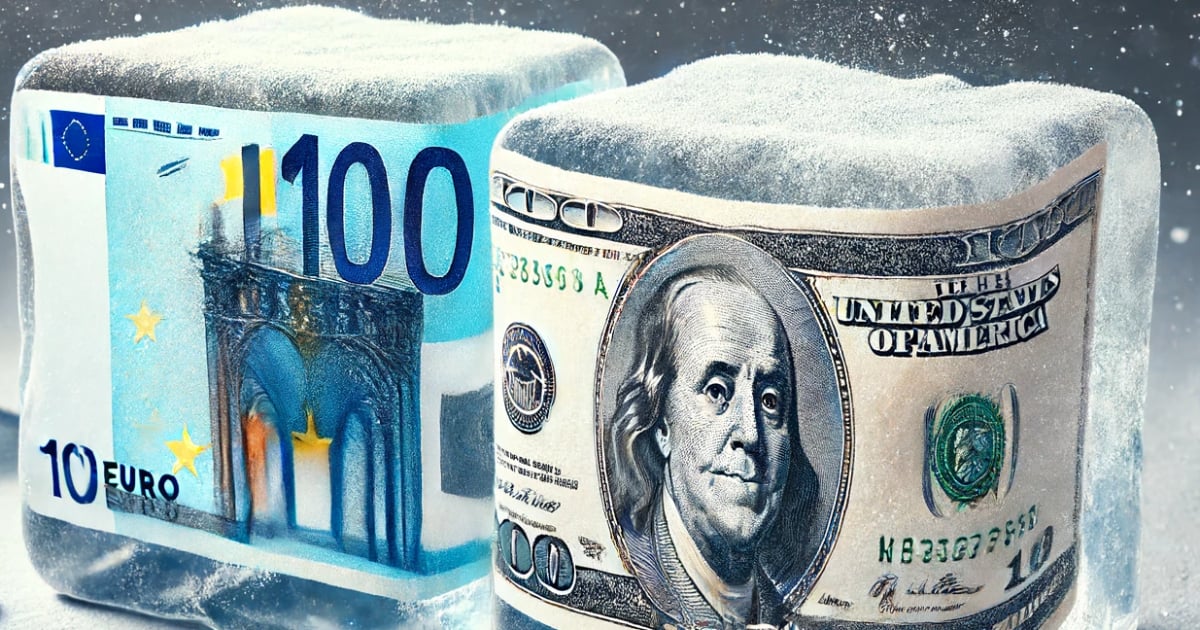After five consecutive days of declines, the key currencies in Cuba have remained unchanged for another day. If there are no shifts by the end of Monday, U.S. dollars, euros, and freely convertible currency (MLC) will retain the same values as the previous day.
This marks the second consecutive day that reference currencies in Cuba's informal market have not seen price changes, hinting at a possible stabilization amidst the dramatic fluctuations observed since early May.
As of 8:00 AM on June 17, the euro remains at 360 Cuban pesos (CUP). The dollar holds steady at 350 CUP, while the MLC continues to trade at 300 pesos.
In the last few weeks, the only other instances where these three currencies paused their movement were on June 4 and June 10. On both occasions, the pauses preceded either a rise or a fall in their values. The pause on June 4 was a prelude to new increases, while the pause on June 10 led to further declines.
The downward trend beginning on June 10 came after five days of rapid increases, during which the euro, dollar, and MLC nearly recovered their values from before the May dip. This consistent volatility in the informal Cuban market highlights the ongoing instability of the Cuban economy and the government's inability to implement an effective monetary policy that establishes a stable official exchange rate. The local population, whose basic needs are partially met by stores operating in foreign currencies, continues to suffer.
Current Exchange Rates in Cuba on 06/17/2024 - 8:40 AM
Exchange Rate for USD to CUP according to elTOQUE: 350 CUP
Exchange Rate for EUR to CUP according to elTOQUE: 360 CUP
Exchange Rate for MLC to CUP according to elTOQUE: 300 CUP
Note: The informal exchange rates provided here are neither officially recognized nor backed by any financial or governmental entity.
Understanding Cuba's Informal Currency Market
Below are some frequently asked questions to help understand the dynamics and implications of the informal currency market in Cuba.
Why are the currency exchange rates in Cuba so volatile?
The volatility is largely due to the unstable economic conditions and the government's inability to maintain a consistent monetary policy. This creates uncertainty and frequent fluctuations in currency values.
What is the role of the informal market in Cuba's economy?
The informal market plays a crucial role in Cuba's economy by providing a more accessible means for the population to obtain foreign currencies, which are essential for purchasing goods in certain stores that only accept foreign currency.
